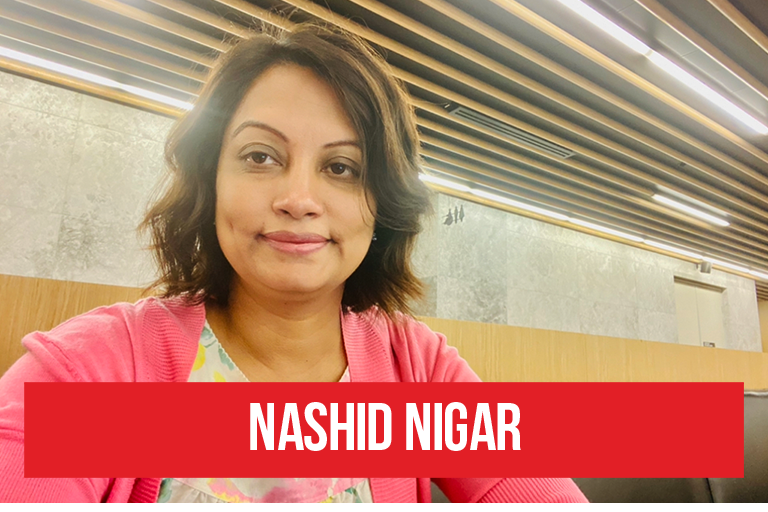There is a teacher shortage in Australia, but skilled teachers are finding the need for employment outside the industry.
Migrant teachers – unable to find meaningful work after moving to Australia – are forced to work odd jobs to make ends meet. According to research from Monash University, non-native English-speaking teachers (NNES) can wait up to 15 years to start their teaching careers, despite meeting their relevant qualifications.
In her recent research paper, titled No one would give me that job in Australia: when professional identities intersect with how teachers look, speak, and where they come from, PhD student Ms Nashid Nigar investigates how non-native English-speaking teachers’ professional identities can be affected by their employment experiences when migrating to Australia.
“More than half of those surveyed were experienced teachers who came to Australia, with eight of them also having undertaken their Initial Teacher Education here in Australia,” she told EducationDaily. “They were all English language teachers across three sectors in Australia, including schools, TAFES, and universities.”

Experienced teachers shift sectors entirely
Jigna, a participant in the study, found that, despite being a qualified English and Literature student, she were forced to shift sectors after 12 years of trying.
“It took me a while to get into the groove of resume building and collecting references,” she says. “After many rejections, I found my place in call centres. It was nowhere close to the school teaching job I aspired for, but it gave me a very sound idea of the Australian work culture, or so I thought.”
After finishing their degree, and with a Victorian Institute of Teaching (VIT) registration under her belt, Jigna set out to apply for school teaching jobs.
“I started shortly as a Casual Relief Teacher with a recruitment agency. However, the jobs fizzled out due to my lack of personal transport. In between, I got an interview for a teaching position at a public school in Cranbourne,” Jigna says.
Unfortunately, her application was unsuccessful on the grounds of what the potential employer described as a “lack of experience”.
“I became a Coordinator for an after-school Program (OSHC) with Camp Australia. It utilised my VIT licence and got me into a school,” she says. “However, it was far from a teaching career.”
Jigna eventually gained work in vocational English training at Melbourne Polytechnic in 2017.
Stigma around accent and background a brick wall for NNES teachers
Ms Nigar says non-native English-speaking teachers often face discrimination.
“[It’s] rooted in socio-political and historical factors, such as colonialism and neo-liberalism and its adjoining discourses, such as native-speakerism, which creates a binary distinction between native and non-native English teachers without considering the fluid global nature of English communication across local and global contexts,” she says. “Cultural bias contributes to the perception that teachers from non-English-speaking countries may not teach English as effectively as white, native-born teachers, as whiteness is by default associated with the ideal native English speaker.”
The bias, says Ms Nigar, is “further exacerbated by accents, historical preferences, and market demand for native English-speaking teachers, commodifying English language education and emphasising aesthetics, including the teacher’s accent and appearance”.
Reform around for NNES teachers is a must, says PhD student
Ms Nigar has called on the government to consider reforms to support non-native English-speaking teachers.
“This is important to develop ethical and intercultural teacher capabilities for inclusive education in Australia and beyond,” she says. “Policy change is urgently needed to replace the narrow requirements for Standard Australian English (SAE) with a broader understanding of teaching English as a language of global communication.”
“Policy change that recognises overseas experiences and qualifications on par with Australian credentials will foster inclusivity and equity and broaden the diversity of educators in Australia.”








